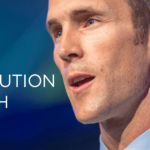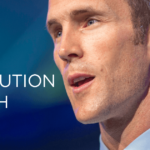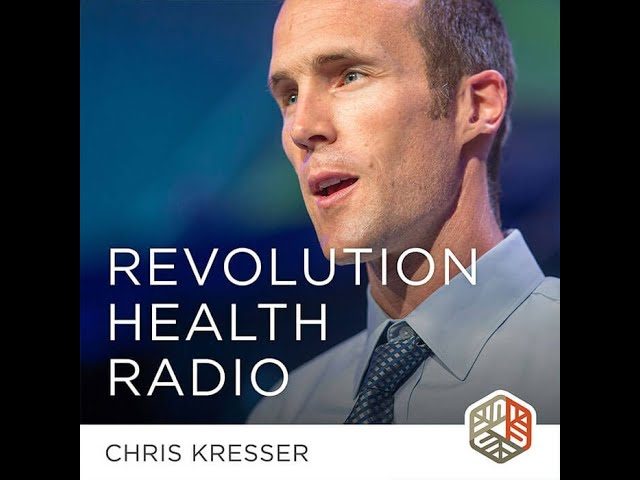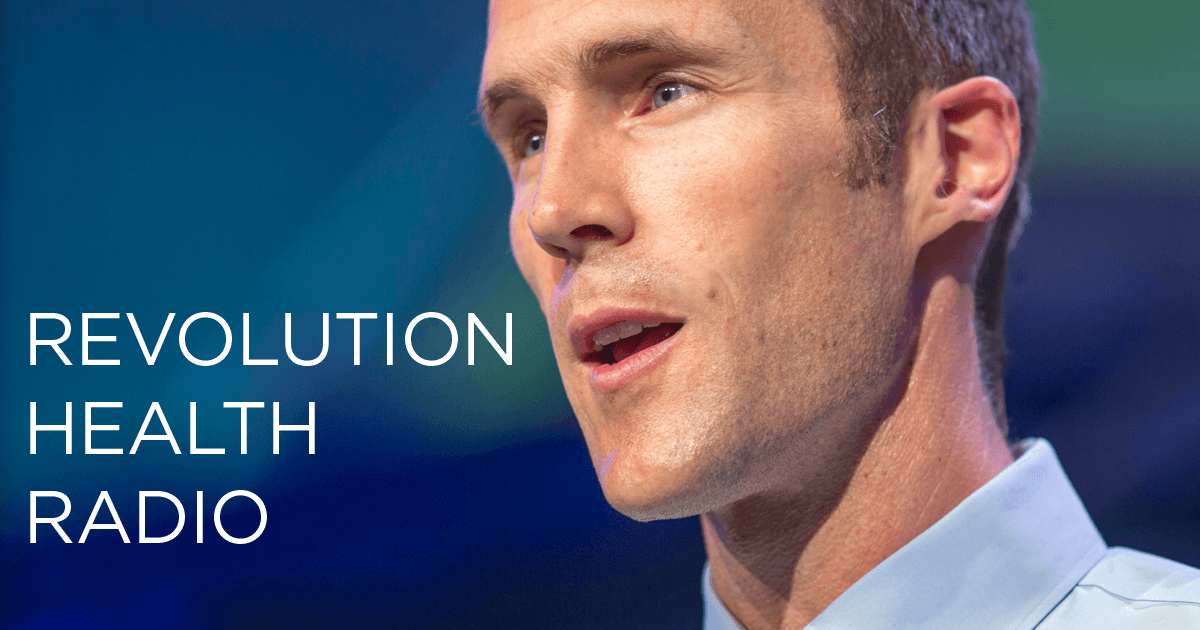
Self-Coaching: 5 Tips to Coach Yourself through Change

Page Contents:
Health coaches excel at helping people achieve their diet, fitness, and lifestyle goals, and they do it using a variety of evidence-based approaches like motivational interviewing, positive psychology, goal setting, and more. I’m a passionate advocate for health coaching because I’ve seen their methods work—and you can put those same methods to work for yourself. Applying a coach’s methodology can boost your chances of success in achieving your goals, including adding new habits that will benefit your health, or swapping out negative habits with those that will benefit your mind and body.
Here’s how to take a DIY approach to behavior change with self-coaching.
How will you achieve your health goals? Try taking a page out of a health coach’s playbook and self-coach your way to lasting change. Check out this article to find out how to become your own behavior change agent. #optimalhealth #changeagent
How Health Coaches Help with Change
Health coaches guide clients to make changes and achieve health goals in part through their in-depth understanding of how change works. These professionals provide support and accountability and tap their broad knowledge of health and wellness to assist clients in navigating a variety of health concerns. They help their clients:
- Discover why they want to make a change
- Identify which challenges and blind spots are currently preventing change from happening
- Learn more about themselves as the true experts on their own bodies, minds, and circumstances
Health coaches don’t simply tell their clients what to do; instead, they empower clients to use their own knowledge, expertise, and motivation as an impetus to spur progress.
Good health coaches are carefully trained experts who can inspire others. Their approach is effective at helping people with conditions like obesity, diabetes, and high cholesterol make key behavior changes that lead to improved health. (1, 2, 3) Their methods can work for you, as well, as you coach yourself through your next big change.
Are you interested in a career in health coaching? At the ADAPT Health Coach Training Program, we offer in-depth instruction on the skills and tools needed to be an effective health coach, and we provide you with opportunities to apply what you’ve learned in a supportive online environment. You get the chance to put in the practice needed to master the art of health coaching, giving you the training you need to help your future clients achieve lasting change. Find out more about how the ADAPT Health Coach Training Program can help you build an exciting, fulfilling career.
The Key to Self-Coaching: Understanding Behavior Change
Information isn’t enough to change behavior. Don’t get me wrong; having information is empowering if you’re planning on making a big change, and conducting research on a new workout routine or diet plan is a great first step to implementing it. But if information alone was enough to change our lives, Google would be all we need to solve chronic disease.
The reality is that change is difficult—even making positive lifestyle changes that seem obvious. Only around 6 percent of Americans adhere to the top five healthy behaviors—behaviors that we all know we should follow, including: (4)
- Not smoking
- Exercising regularly
- Drinking moderately or abstaining altogether
- Maintaining a healthy body weight
- Getting adequate sleep
What does drive successful behavior change? There are several factors at play, but the short answer is that successful change depends on your willingness, readiness, and motivation to change.
Willingness and Readiness to Change
In the ADAPT Health Coach Training Program, we assess willingness and readiness to change through the Transtheoretical Model (TTM). The TTM outlines different stages of change that we tend to move through when we’re making a shift. (5)
We use each stage to gauge our feelings toward change. If you’re in the precontemplation stage, for example, you’re not ready to make a change any time soon. You may feel ambivalent about the prospect of change—perhaps unsure if it’s really necessary, or simply unmotivated to follow through with it. If you’re in the contemplation stage, on the other hand, you’re getting ready to make a change, and in the preparation stage, you are primed to take action in the immediate future.
There is much more to the TTM, but the takeaway is this: behavior change is a process. Understanding which stage you’re in has an impact on the approach you take to working toward your goals.
Why Motivation Matters
Consider the last time a friend or family member tried to talk you into making a behavioral change—say, for example, changing your diet. Maybe they tried to persuade you that a different approach to eating was necessary, or perhaps they tried to educate you on all the benefits of this new diet plan. Maybe they even tried to entice you with a promise of a reward if you agreed to try out their suggestion. Now ask yourself: did their efforts work?
If they didn’t, it’s not surprising. Most of us resist being changed by another person. We don’t enjoy feeling pressured to do something, even if we know that it’s in our best interests. That’s why simply reading about the benefits of making a change (or hearing about them from a friend) often isn’t enough to get us to try it out, much less stick with it—we need to feel motivated to make the change for our own reasons.
This notion is core to a health coaching process called motivational interviewing. Motivational interviewing is a “collaborative conversational style” where a health coach talks with their client about change. (6) The client shares their thoughts and ideas about their own health and experience while the health coach acts as a guide, listening to and accepting what the client has to say.
Health coaches also stay with their clients no matter where they are in the change process (meaning a health coach doesn’t rush a client along to a new stage of change), and they evoke their client’s motivation to change by listening for “change talk,” or words that come from the client that predict behavior change. (7) The process of evoking helps the client gain self-awareness and learn, while drawing out insights about why they are considering change and how important it is for them.
Motivational interviewing is crucial for effective health coaching, but understanding the key concepts behind it can also help you on your self-coaching journey. Simply telling yourself that it’s time to change may not work, but understanding why you want to change can lead to lasting results.
Five Tips to Coach Yourself through New Habits
1. Assess Your Readiness for Change
Where you are in the change process can inform how you go about it. If you’re just beginning to think about changing, for example, you might benefit from writing out the pros and cons of your desired shift. If you’ve already taken steps toward your change, you may come up with a plan to help you manage challenges you’re likely to face.
If you’re unsure of where you are in the process, listen to the way you talk about your plans (or grab a pen and paper and journal about them).
An early stage is characterized by preparatory phrases like “I want to” or “I need to.” A later stage means you’re already taking action or are committed to doing so, which sounds more like “I promise to do,” “I’m ready to do,” or “I am doing.”
2. Explore Your Motivation
Understanding your motivation for change is crucial, but you may find that it isn’t always immediately apparent. Getting clear on your reasons for change—your “why”—can strengthen your resolve and allow you to talk yourself into change.
Pinpoint your why by asking yourself some open-ended questions, such as:
- What’s important to you about this change?
- What are the benefits?
- What would happen if you made this change now? What would happen if you didn’t?
3. Generate an Action Plan
Once you understand your motivation, it’s time to create an action plan.
If you feel ready to take action, setting SMART goals for yourself is a great option. SMART goals are specific, measurable, attainable, relevant, and time-bound, and research has shown this type of approach to be useful for health-related behavior change. (8)
Try This: Shrink the Change
Shrinking the change is another way to hack your habit change process. Rather than imagining everything you have to do to achieve your goal, you shrink the change by breaking it down into its smallest possible components. With this process, you gradually build enough momentum with your small successes to make big progress toward your goal. Enter your email below for a free worksheet to give it a try.
I hate spam too. Your email is safe with me. By signing up, you agree to our privacy policy.
Be sure to experiment with action steps. There’s no one-size-fits-all approach to behavior change (or diet, or health). As you experiment, make a note of how you’ll track and measure success so you can determine which experiments move the dial forward for you.
4. Build on What’s Working
Building on what’s working (instead of dwelling on what isn’t) is one component of positive psychology, which plays an important role in health coaching (and self-coaching).
Positive psychology focuses on what works and celebrates your strengths and successes. That’s helpful when we’re adopting a new behavior: a feeling of success changes our brain cells and can lead to further progress. (9, 10)
As you progress through your action plan and experiment with different steps and approaches, pay special attention to your successes. Reflect daily on those victories, large or small, because they’ll help keep you motivated and engaged in the process.
5. Trust Yourself
One of the most important skills every health coach needs is the ability to establish a trusting relationship with each client. As you work on coaching yourself, remember to approach the process with the same level of compassion and judgment-free acceptance that a health coach would have for a client. Offer yourself unconditional kindness and trust that you’re making progress toward your goal.
Remember, change is difficult, and setbacks happen. But by focusing on your growth and celebrating your wins, you can self-coach your way across the finish line.






